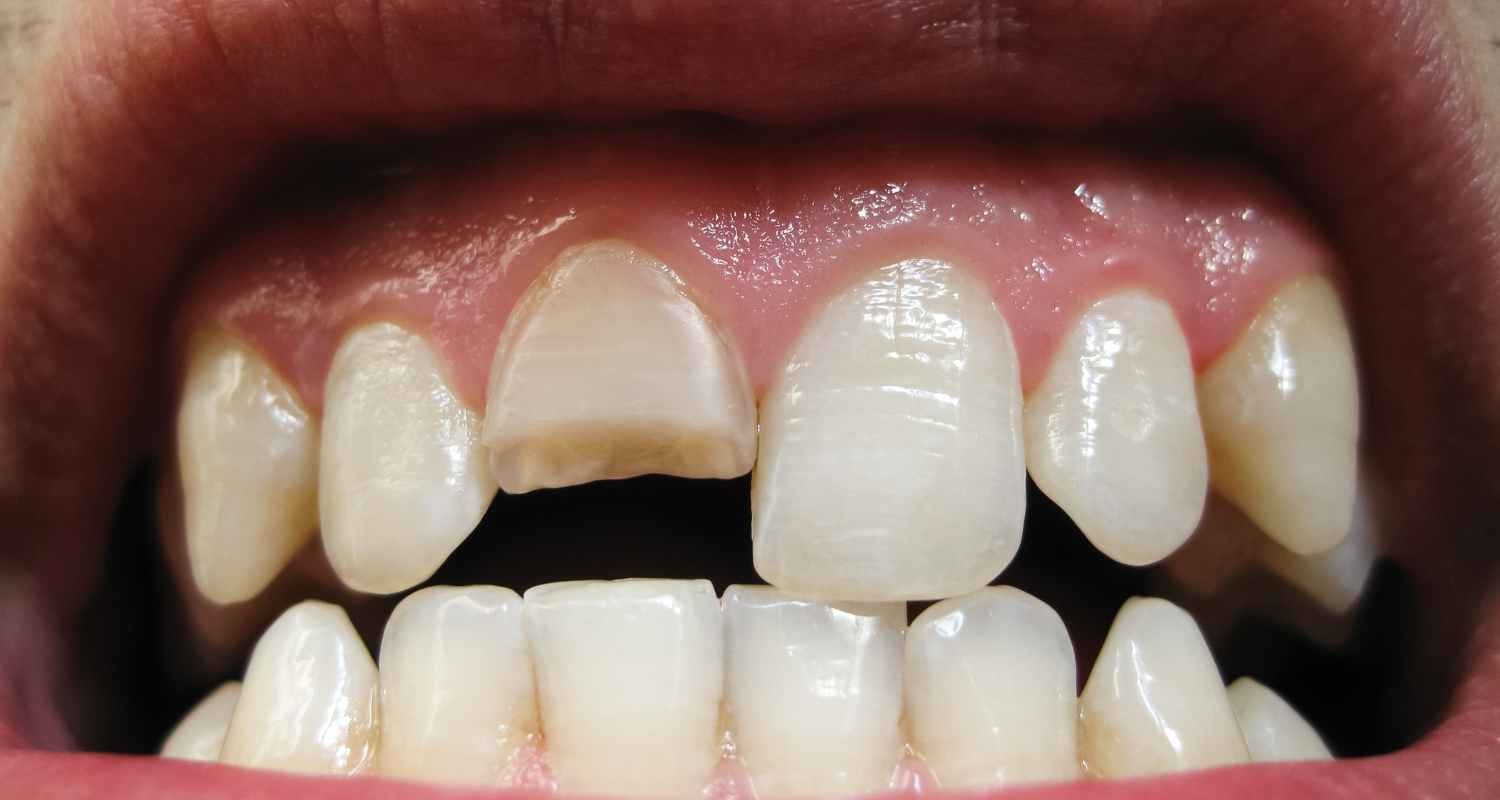A broken tooth can be a painful and alarming experience. Whether it’s caused by a sports injury, biting down on something hard, or an unfortunate fall, knowing how to handle the situation until you can see an emergency dentist in Saint John is crucial. This guide provides step-by-step instructions and helpful advice to manage a broken tooth and protect your oral health.
Assessing the Situation: Is it a True Dental Emergency?
While any damage to your teeth can be concerning, not all broken teeth constitute a dental emergency. Here’s how to assess the situation:
- Pain Level: Is the pain severe, throbbing, or persistent? If so, it’s likely an emergency.
- Bleeding: Is there significant bleeding from the tooth or gums?
- Sensitivity: Is the tooth sensitive to hot, cold, or pressure?
- Loose Tooth: Does the tooth feel loose or unstable?
- Visible Damage: Is there a large piece of the tooth missing or a visible crack?
If you answer yes to any of these questions, it’s essential to seek immediate dental care.
First-Aid Steps for a Broken Tooth:
- Rinse Your Mouth:Gently rinse your mouth with warm salt water to clean the area and reduce bacteria.
- Control Bleeding:If there’s bleeding, apply gentle pressure to the area with a clean cloth or gauze. If bleeding persists for more than 15 minutes, seek immediate medical attention.
- Manage Pain:Take over-the-counter pain relievers like ibuprofen or acetaminophen as directed to manage pain and inflammation. Apply a cold compress to the outside of your cheek to reduce swelling.
- Protect the Area:If a piece of your tooth has broken off, try to find it and save it. Avoid chewing on the affected side of your mouth and be careful not to swallow any broken pieces.
- Temporary Measures:
- Dental Cement: You can find over-the-counter dental cement at most drugstores. This can be used to temporarily cover sharp edges or protect the exposed area of the tooth until you can see a dentist.
- Sugar-Free Gum: In a pinch, you can use sugar-free gum to cover a sharp edge or protect a sensitive area.
Finding an Emergency Dentist in Saint John:
- Your Regular Dentist: If your dentist offers emergency appointments, they are usually your best first contact. They know your dental history and can provide personalized care.
- Emergency Dental Clinics: Search online or check your local directory for dental clinics in Saint John that offer emergency services. Look for clinics with extended hours or weekend availability.
- Hospital Emergency Rooms: If your injury is severe or involves facial trauma, go to the nearest hospital emergency room.
Tips for Choosing an Emergency Dentist:
- Availability: Confirm that the dentist offers emergency appointments and has availability that suits your needs.
- Experience: Look for a dentist with experience handling various dental emergencies.
- Location: Choose a clinic that is conveniently located and easily accessible.
- Reputation: Check online reviews and ratings to get a sense of the dentist’s reputation and patient satisfaction.
- Communication: Choose a dentist who communicates clearly, explains treatment options thoroughly, and addresses your concerns.
What to Expect at Your Emergency Appointment:
- Examination: The dentist will examine your tooth and take X-rays to assess the extent of the damage.
- Treatment Options: Depending on the severity of the break, the dentist may recommend:
- Bonding: For minor chips or cracks, dental bonding can repair the damage.
- Veneers: Thin porcelain shells can cover the front surface of the tooth to restore its appearance.
- Crowns: For more extensive damage, a crown can cover the entire tooth to protect and strengthen it.
- Root Canal: If the break exposes the nerve of the tooth, a root canal may be necessary.
- Extraction: In some cases, if the tooth is severely damaged, extraction may be the only option.
Preventing Broken Teeth:
- Wear a Mouthguard: Use a mouthguard during sports and recreational activities to protect your teeth from impact.
- Avoid Chewing on Hard Objects: Don’t chew on ice, popcorn kernels, hard candies, or other hard objects.
- Don’t Use Teeth as Tools: Avoid using your teeth to open packages, tear tags, or hold objects.
- Address Dental Problems Promptly: Seek treatment for any dental concerns, such as cavities or weakened teeth, to prevent further damage.
- Maintain Good Oral Hygiene: Brush twice a day, floss daily, and use mouthwash to keep your teeth strong and healthy.
Don’t Delay, Seek Care!
A broken tooth can be a painful and disruptive experience. However, by taking prompt action, managing the situation at home, and seeking professional dental care in Saint John, you can minimize discomfort, protect your oral health, and restore your smile. Remember, your dentist is your partner in oral health. Don’t hesitate to reach out to them for guidance and support during a dental emergency.
If you have any questions or concerns, please contact us. Or if you’d like to visit our dental clinic, please find us on Google Maps.


